What makes bioanalytical screenings of interest are their sophisticated yet targeted approach to screening recycled water. Rather than requiring laboratory professionals to test for each individual contaminant to determine presence and approximate risk, bioassays screen for total bioactivity for a given pathway or mode of action, allowing analysts to characterize potential cumulative effects on the organisms without necessarily needing to know all the components of the samples. They are a meaningful counterpart to common testing methods, as they account for the fact that contaminants often work together additively, synergistically, or antagonistically to produce an effect that is harmful to humans and the environment.
State and Federal PFAS Updates
The Future Landscape of Science: 2018 Environmental Measurement Symposium
Next month representatives from Babcock Laboratories will head to NOLA to attend the annual NEMC/TNI Environmental Measurement Symposium.
The weeklong conference will include 180 oral and poster presentations in 27 technical sessions, five keynote speakers, a technology showcase, and a plenary session on the conference’s theme, “The Future Landscape for Science.”
MCL for 1,2,3-TCP Now in Effect
In December the State of California Office of Administrative Law (OAL) approved the Maximum Contaminant Level (MCL) for 1,2,3-Trichloropropane (1,2,3-TCP) in drinking water, as adopted by the State Water Board on July 18, 2017. The OAL also approved the State Water Board’s request for an early effective date.

